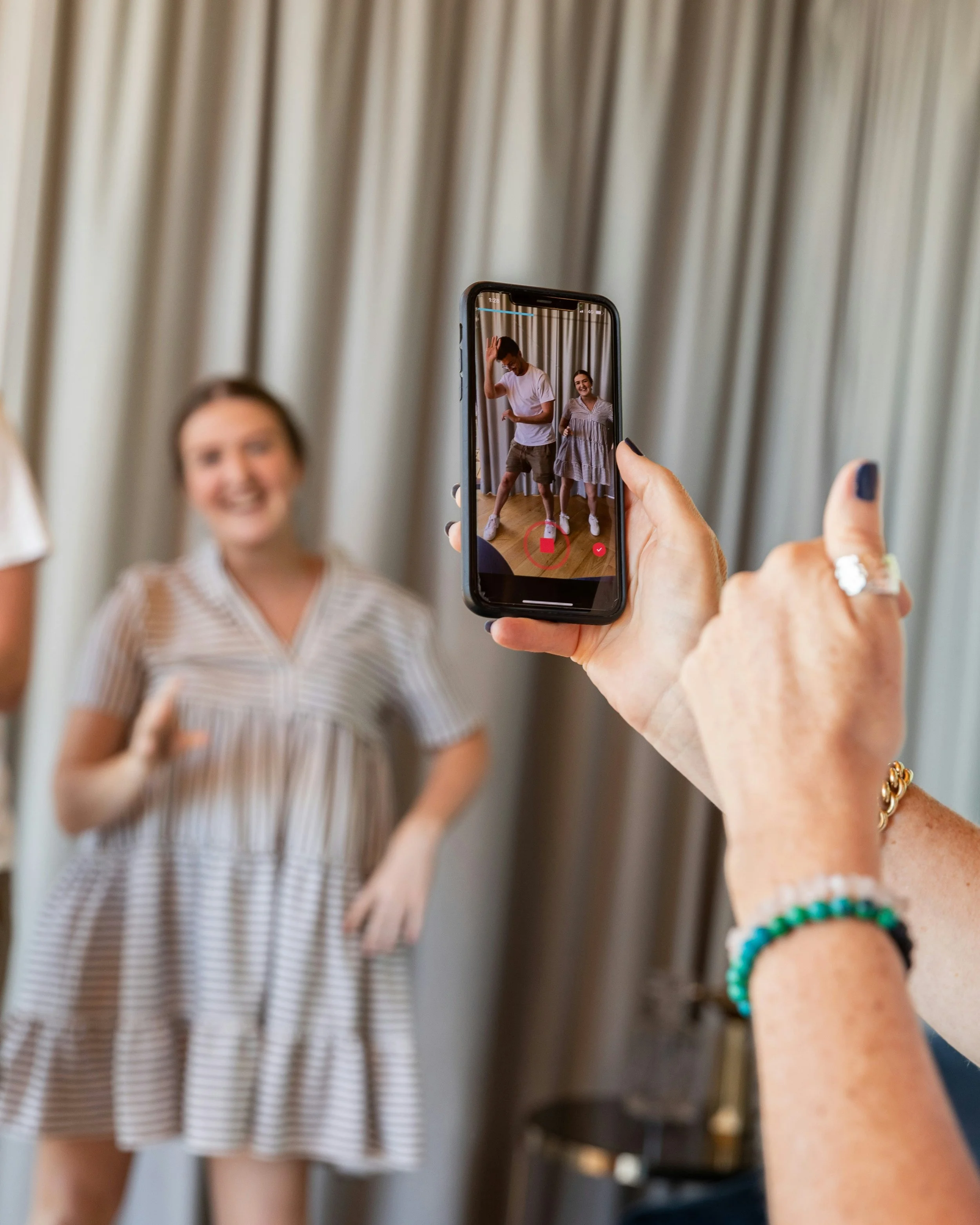In the fast-paced world of event planning, promotion can often make or break the success of an event. Traditional advertising methods, while still effective, have evolved. With the rise of social media, influencers and brand ambassadors have become powerful tools for driving awareness, increasing engagement, and boosting attendance. But how exactly can event planners leverage these partnerships for maximum impact? Here’s a comprehensive look into how to use influencers and brand ambassadors for event promotion.
1. Understanding the Role of Influencers and Brand Ambassadors
Influencers and brand ambassadors serve as the voices of your event in the digital world. However, the two roles, while similar, have distinct differences:
Influencers are individuals with a dedicated social following who promote products, services, or events in exchange for compensation or benefits. Their followers trust their opinions and are often swayed by their recommendations.
Brand Ambassadors are individuals who align with your brand or event's values and are usually long-term partners. Their promotion is more organic, often because they genuinely believe in the cause or mission behind the event.
Both can serve as essential assets for reaching wider audiences and building trust, but it’s crucial to choose the right individuals for your event’s unique needs.
2. Choosing the Right Influencers and Ambassadors
Not all influencers or ambassadors will be the right fit for your event. Finding the ideal match requires careful consideration of several factors:
Relevance: Ensure the influencer’s or ambassador’s audience aligns with the target demographic for your event. For example, if you're hosting a wellness retreat, collaborating with a health and fitness influencer would be more beneficial than partnering with a fashion influencer.
Engagement Rate: Don’t be swayed solely by follower counts. It’s better to work with someone who has an engaged, interactive audience than someone with a large but passive following.
Values Alignment: Whether it’s an influencer or a brand ambassador, they should embody the values of your event. Their authenticity in promoting your event will resonate with their audience, making the promotion feel more genuine.
3. Involving Influencers and Ambassadors in the Event Journey
To maximize the impact of influencers and ambassadors, involve them throughout the event promotion journey rather than just as a last-minute push. Here are some key stages where they can play a role:
Pre-Event Teasers: Have influencers create buzz in the weeks leading up to the event. They can share behind-the-scenes content, exclusive sneak peeks, or even countdowns to build anticipation.
Ticket Giveaways and Contests: Leveraging influencers to host ticket giveaways or contests is a great way to encourage their followers to interact with your event. It not only builds excitement but can also introduce new potential attendees to your brand.
Event Day Coverage: On the day of the event, having influencers live stream or post updates can engage followers who are not attending, encouraging them to sign up for future events.
Post-Event Content: Continue the momentum after the event by asking influencers to share highlights, event recaps, and testimonials.
4. How to Structure the Partnership
Influencer partnerships can take various forms, depending on the level of involvement and the compensation model. Consider the following:
Sponsored Posts: Paying influencers to create content specifically promoting the event is a straightforward approach, but ensure that the content feels natural and not overly commercial.
Affiliate Marketing: Create a unique discount code for influencers and brand ambassadors to share with their audience. They can earn a commission for every ticket sold through their link, incentivizing them to promote your event more actively.
Inviting Influencers to Attend: Offering complimentary tickets or VIP access to influencers can incentivize them to attend and naturally share content about your event.
5. Tracking Success
To evaluate the effectiveness of your influencer and brand ambassador strategy, it’s essential to track key metrics such as:
Engagement: How many likes, comments, and shares did their event-related posts receive? Are people interacting with the content and expressing interest in attending?
Website Traffic: Use UTM codes or trackable links to monitor how much traffic was driven to your event website from influencer content.
Ticket Sales: If influencers or ambassadors are sharing discount codes or affiliate links, track how many tickets were sold directly through their promotions.
Post-Event Impact: Look at the long-term effects of influencer involvement. Did their promotion bring in new attendees? Are people who learned about the event through influencers engaging with your brand post-event?
6. Real-Life Examples of Success
Many brands and event organizers have successfully leveraged influencers and brand ambassadors to promote events. For instance, Coachella, one of the most famous music festivals, partners with influencers to create visually stunning social media content that reaches millions of people. By offering influencers unique experiences, exclusive access, and shareable content, they ensure their event gets global attention.
Similarly, smaller, niche events like local craft fairs or wellness workshops have seen success by partnering with micro-influencers who have a closer connection to their communities. These influencers often offer higher engagement rates, driving more personalized promotion and higher conversion rates.
7. Final Thoughts
In the era of social media, influencers and brand ambassadors have become indispensable tools for event promotion. They not only help generate excitement but also build credibility and trust among potential attendees. However, the key to success lies in choosing the right individuals, aligning their values with your event, and maintaining a well-structured partnership.
By thoughtfully leveraging influencers and brand ambassadors, you can expand your event’s reach, foster deeper connections with your audience, and create lasting buzz that continues well after the event concludes.

